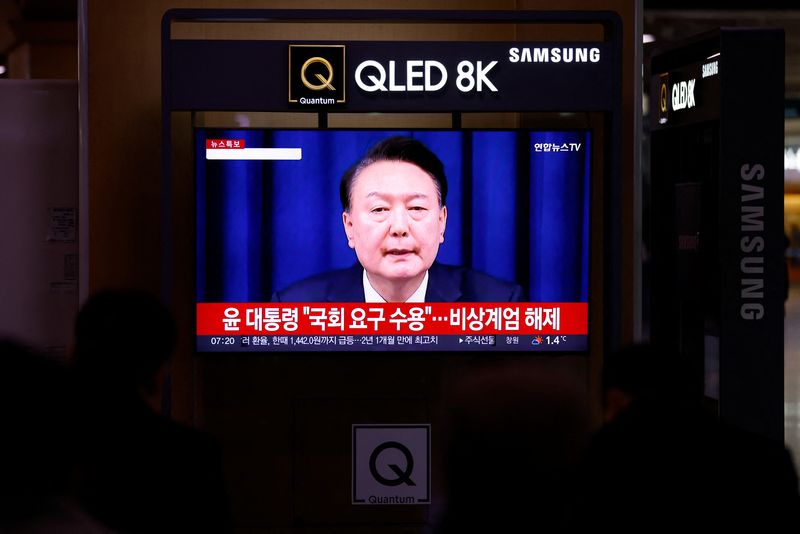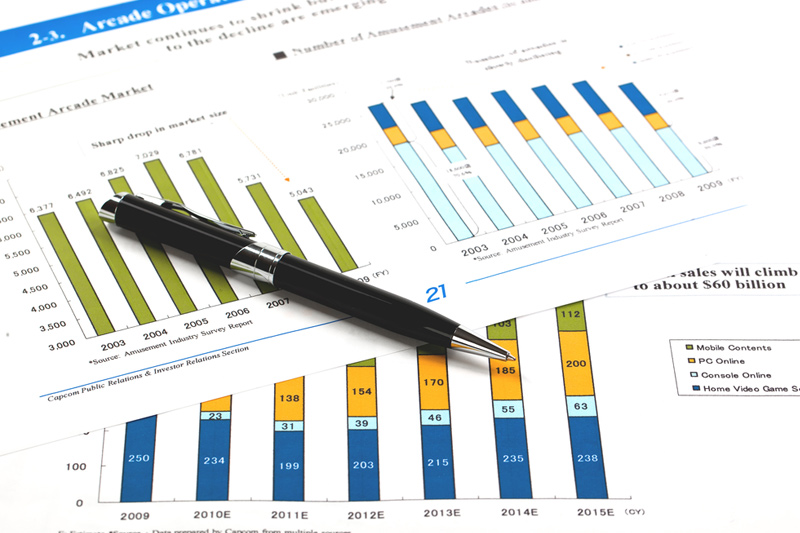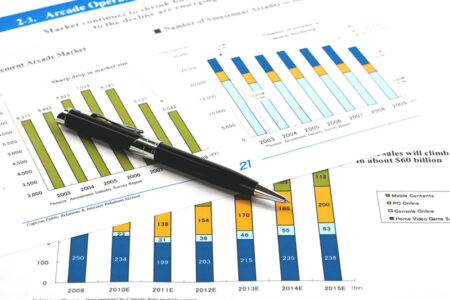SINGAPORE (Reuters) -South Korean shares fell on Wednesday amid the country’s biggest political crisis in decades as lawmakers called for the impeachment of President Yoon Suk Yeol after he declared martial law only to reverse the move hours later.
The surprise declaration late on Tuesday jolted markets, leading to a sharp selloff in everything South Korean, with the currency hitting a two year low on Tuesday but stabilising on Wednesday. The benchmark Kospi Index lost nearly 2%.
Here are some comments from market participants:
SAT DUHRA, PORTFOLIO MANAGER, ASIA DIVIDEND INCOME, JANUS HENDERSON, SINGAPORE
“The situation appears to be a political gamble that has not paid off. I don’t plan to add to Korea in this uncertainty. Despite the market being cheap and having underperformed—which is usually an enticing factor for investors—there’s not enough to see the won stabilise.
“Investors have been wary of the so-called ‘Korea discount’ and this only reinforces the sentiment. Prospects of an impeachment, uncertainty from a leadership change, and an overall unexciting macroeconomic outlook will deter foreign investors. I would rather add to China against this backdrop. A Trump administration introduces an additional layer of uncertainty, particularly for exporters.”
DANIEL TAN, PORTFOLIO MANAGER, GRASSHOPPER ASSET MANAGEMENT, SINGAPORE
“In the longer term, the martial law episode would accentuate the ‘Korean Discount’ — an elevated risk premium — with trading Korean-related assets, equities, FX and bonds. A reflection of the ‘Korean Discount’, Korea’s equity benchmark currently trades at 0.8 times one-year forward estimated book value, while the trades at closer to 3 times. Investors could require a bigger risk premium to invest in the won and Korean equities.
“However, we are unlikely to see extended selloffs in South Korea, as long as the government and Bank of Korea maintain their commitment to provide ‘unlimited liquidity’.”
ROBERT CARNELL, REGIONAL HEAD OF RESEARCH, ASIA-PACIFIC, ING, SINGAPORE
“Pre- this happening, we weren’t particularly upbeat on the currency anyway because the domestic demand story is so weak in Korea that we anticipated that the BOK will have to do quite a fair bit of easing, despite having been fairly hawkish up until recently.
“With this on top, what we’ve got is an extra layer of uncertainty that just adds to that sense that things aren’t going to be terribly good, and I wouldn’t at all be surprised to hear that the BOK were in intervening today. You’ve got to think that if they’re seeing signs of abrupt weakness, they’ll be getting stuck in.
“Uncertainty obviously plays into financial markets and creates concern, but we don’t think that there’s enough in this to lead to actual ratings downgrades in the sovereign bonds space.”
FRANCES CHEUNG, HEAD OF FX AND RATES STRATEGY, OCBC BANK, SINGAPORE
“The spike up in represented knee jerk reaction.
“Overall market reaction is seen as contained, not least because the martial law was lifted.
“While potential FX intervention may also result in LHS flows on the FX swap curve depending on how the FX operations are done, BOK also said to provide FX liquidity. On balance, we believe liquidity will be supported.”
LINDA LAM, HEAD OF EQUITY ADVISORY, NORTH ASIA, UBP, HONG KONG
“The martial law saga appears to be domestic political struggles, rather than an escalation of conflict within the peninsula.
“For the stock market, domestic upheavals usually do not have a lasting impact as long as the currency is largely stable.
“Looking ahead, we hold a cautious stance towards emerging market equities, including Korean stocks, mainly because of the tariff/currency headwinds under the upcoming Trump administration.”
DAVID CHAO, GLOBAL MARKET STRATEGIST, ASIA PACIFIC, INVESCO, SINGAPORE
“The situation remains dynamic and evolving and markets could continue to experience volatility.

“We believe that this development will be a very short-term blip and is unlikely to have any lasting effects on the economy and financial markets.
“We see any negative impact from this to be offset by proactive policy responses from the government and the central bank, which of course should be positive for markets though the upside could be limited due to lingering uncertainties.”


